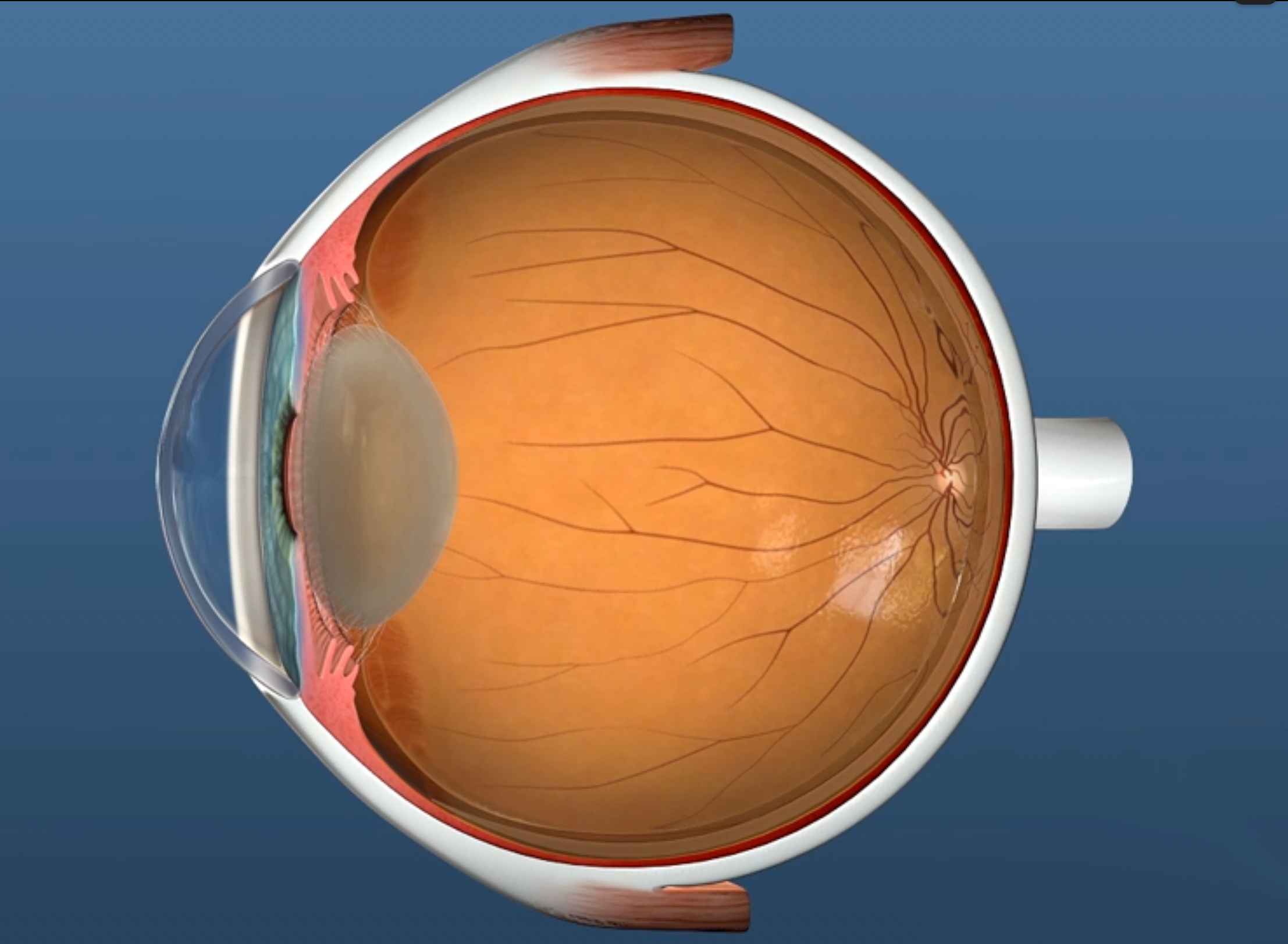
A cataract is a cloudy area in the lens of the eye. This can occur as a result of aging, injury, or disease. There are three main types of cataracts: nuclear, cortical, and posterior subcapsular. In this blog post, we will discuss capsular cataract – what is the meaning, how to prevent them, and what treatment options can help.
Capsular cataracts usually develop slowly and don’t cause symptoms at first. As they progress, they may make your vision appear blurry or fuzzy. You may also have trouble seeing at night or find that the light seems too bright. This is a type of cataract that can impact your quality of vision more than other types.
Therefore, if you think you may have a capsular cataract, it’s important to see an eye doctor for an evaluation. There are treatments available that can help improve your vision.
The most common symptom of a capsular cataract is blurred vision. Other symptoms may include:
It is believed that capsular cataracts occur when the proteins in the lens capsule change and clump together. This causes the light that passes through the lens to be scattered, which results in blurred vision. According to studies, capsular cataracts are the most common type of cataract.
If you are having any of these symptoms, it is important to see an eye doctor right away. An early diagnosis can help prevent the cataract from progressing and causing more serious vision problems.
Several risk factors may increase your chances of developing a capsular cataract, including:
These are a few risks that increase your chance of developing a capsular cataract. In addition, there are a few complications that can occur if you have a capsular cataract. It usually occurs when you left untreated your capsular cataract. These include:
These are some risks and complications that may occur if you have a capsular cataract. If you are concerned about developing a capsular cataract, there are a few things you can do to prevent it. With the right approach and lifestyle changes, you can reduce your risk of developing a capsular cataract.
If your doctor suspects that you have a capsular cataract, they may refer you to an eye specialist for further testing. This is because it is important to rule out any other conditions that could be causing your symptoms.
So, you should visit an ophthalmologist if you experience any of the symptoms of capsular cataracts. The earlier the diagnosis, the better.
A capsular cataract is treated with surgery. The surgeon will make an incision in the eye and remove the lens. They will then replace it with an artificial lens. The surgery is typically done on an outpatient basis, which means you won’t have to stay in the hospital overnight. Recovery time is usually short, and most people can return to their normal activities within a few days.
This type of surgery for capsular cataracts is usually very successful. The specialist can usually restore your vision to what it was before the cataract developed. In some cases, you may still need to wear glasses or contact lenses after surgery. This is because the new lens will not be able to correct certain vision problems, such as farsightedness or astigmatism.
Capsular cataract surgery is usually safe and effective. Complications are rare but can include:
If you have a capsular cataract, your doctor will likely recommend surgery to remove it. With proper treatment, you can regain clear vision and prevent further vision loss.
There are some things you can do to help prevent a capsular cataract from forming. Here are a few tips:
If you have a family history of capsular cataracts, you may be at a higher risk of developing this condition. If this is the case, make sure to have regular eye exams so that your doctor can catch any problems early. Early treatment is always best when it comes to dealing with health conditions.
Prevention is possible with most health conditions, and a capsular cataract is no different. By following the tips above, you can help reduce your risk of developing this condition. If you have any concerns about your eyesight, be sure to talk to your doctor. They can help you determine if there is anything you need to be concerned about.
In a nutshell, capsular cataract is a condition that can lead to blindness if left untreated. Early detection and treatment are key to preventing this condition from progressing and causing serious damage to your vision. This is not a condition to be taken lightly, so if you think you may be at risk, be sure to talk to your doctor about it.
Therefore, it’s important to be aware of the risk factors and symptoms of capsular cataracts, so you can catch it early and get the treatment you need. With proper care, this condition doesn’t have to result in vision loss or other serious complications.
For more information and guidance, please get in touch with Eye Mantra right away. At EyeMantra we have a team of experienced eye surgeons, who will be happy to answer any questions on cataract surgery, cataract surgery cost, cataract lens cost for different cataract surgery types- Phacoemulsification, MICS & Femto Laser Cataract. Call us at +91-9711116605 or email at eyemantra1@gmail.com for inquiries.